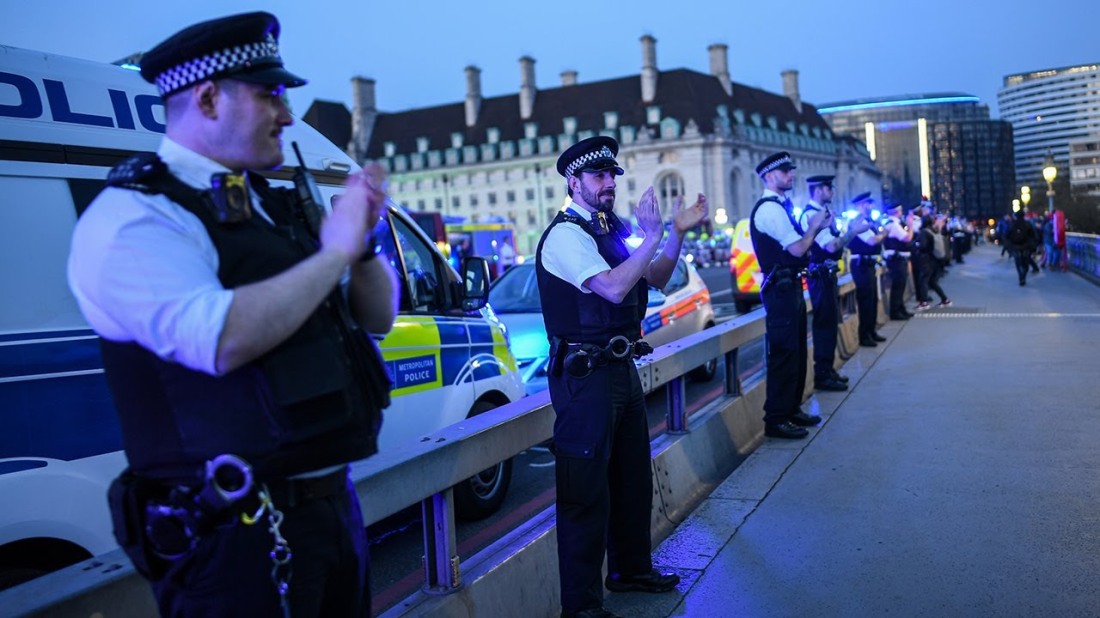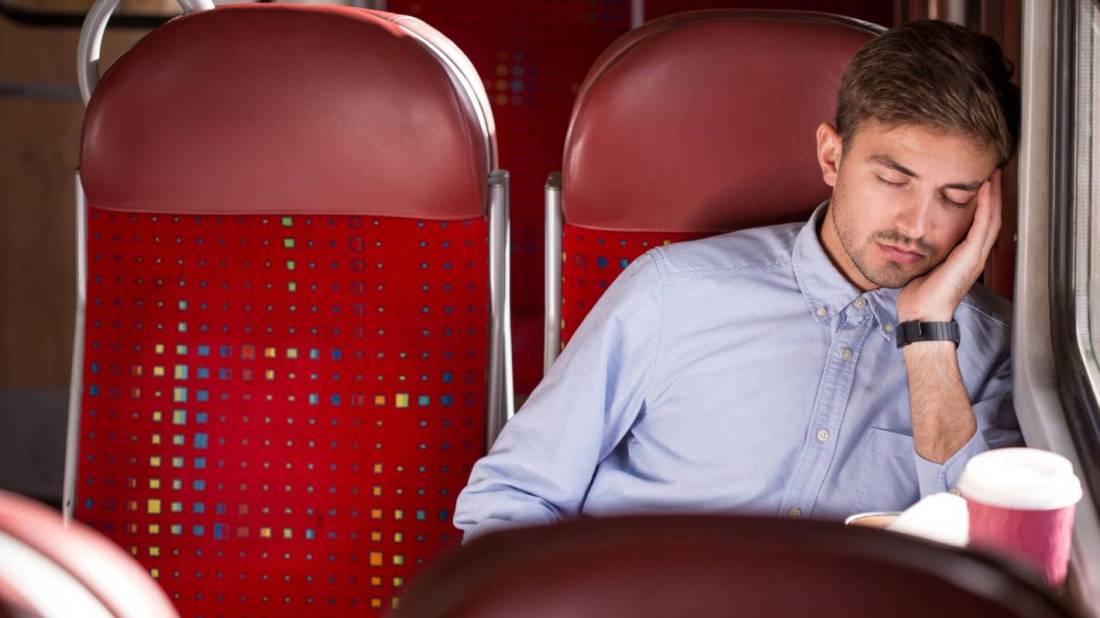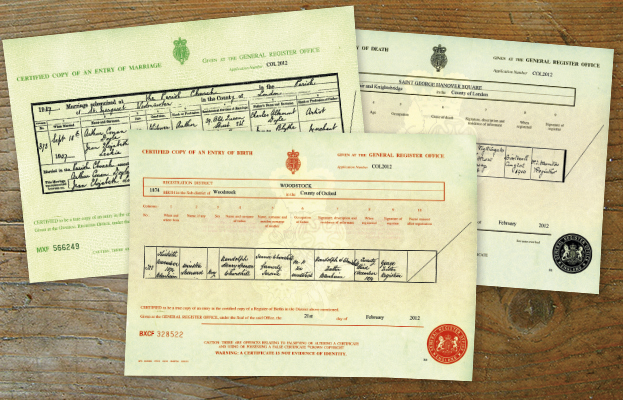There are two worlds at the moment. Two realities running parallel; simultaneously co-existing and yet having nothing in common except time itself. Occasionally the sound of an ambulance siren wails by (seemingly more common than ever before) and you are reminded that there are people that are straddling this duality, stepping into Alice’s looking glass.

One world is that of home isolation. This is the world some of us come home to, those of us lucky to get to leave home for work, and for everyone else this world is the only one they see. It is one of boredom, loneliness, patience and calm. There is a quietness and a stillness that exists up and down every residential street of the country. For all the chaos and destruction that this virus is causing, as it rips through the population, we are held tightly in the comfort and familiarity of our own homes; and there is a tranquillity that comes with that.
Time moves slower when you don’t have to factor in a commute to work. The stresses and strains of being around people on the busy streets or in the office have no equivalent. Thoughts of the next night-out, plans of the next holiday abroad and aspirations for joining a crowd at a festival or sporting event are all shelved. Instead we think of which pyjamas to put on this week and if there’s a way of cooking pasta and tinned tomatoes we haven’t yet tried.
Of course, this world does not exist without an understanding of what is happening ‘out there’. The constant stream of news keeps us all abreast how the crisis is unravelling, but it doesn’t infiltrate or pollute the quiet of the socially isolated household.
But what of the other world? Bound tightly within the walls of hospitals up and down the country, there is an alternative reality. We are surrounded by death and dying, by stress and heartache, and there is no calm and there is no quiet. Security guards stand at partitioned walkways, directing staff and patients to ‘hot’ and ‘cold’ areas – there is no ‘warm’ anymore. There are still ‘cold’ COVID-free recesses of the hospital. Tucked away into a corner, a small proportion of patients and staff exist who are permitted to not wear a mask, but in truth these areas are shrinking by the day as the virus eats away at them – the hospitals are really Corona-Centres now. They are big breathing factories, battery farms of infected patients lining wards pumped with a constant flow of oxygen, desperately trying to keep their lungs open and their blood red.
The country is at war but it’s a strange kind of war that is only fought in certain buildings partitioned off from the rest of society. Cauldrons of combat between healthcare workers and a tiny microscopic organism. In this world you don’t get bored and you are not isolated, but you are separate, and you are distant from most people’s reality.
Like a pair of batsmen in a cricket match, you are out in the middle, surrounded by an opposition, fighting on behalf of the rest of your team. And your team are watching on, sat in the pavilion, separate and powerless to join the fight. However, they can support you and they can clap.
Every Thursday, at 8 o’clock, they do clap. And they cheer and they bang their pots and pans and they shout into the abyss – desperate to cross that chasm between the two worlds. Though it may not seem physically possible, we do hear your applause from inside the hospitals, from inside the other world. As doctors we travel between both worlds and we bring that applause with us. We cross the bridge from one planet to another and we bring the fervour of public support along and it helps on the battlefield. We see both truths and we live both lives.
I guess my message is this. Do not feel redundant or ignorant knowing that the placidity of your day-to-day life is so opposed to what is happening in hospitals right now. You are not powerless; you can make a difference by staying at home, tolerating the monotony and looking after yourselves. We are in this together and we hear you clap from across the void.







